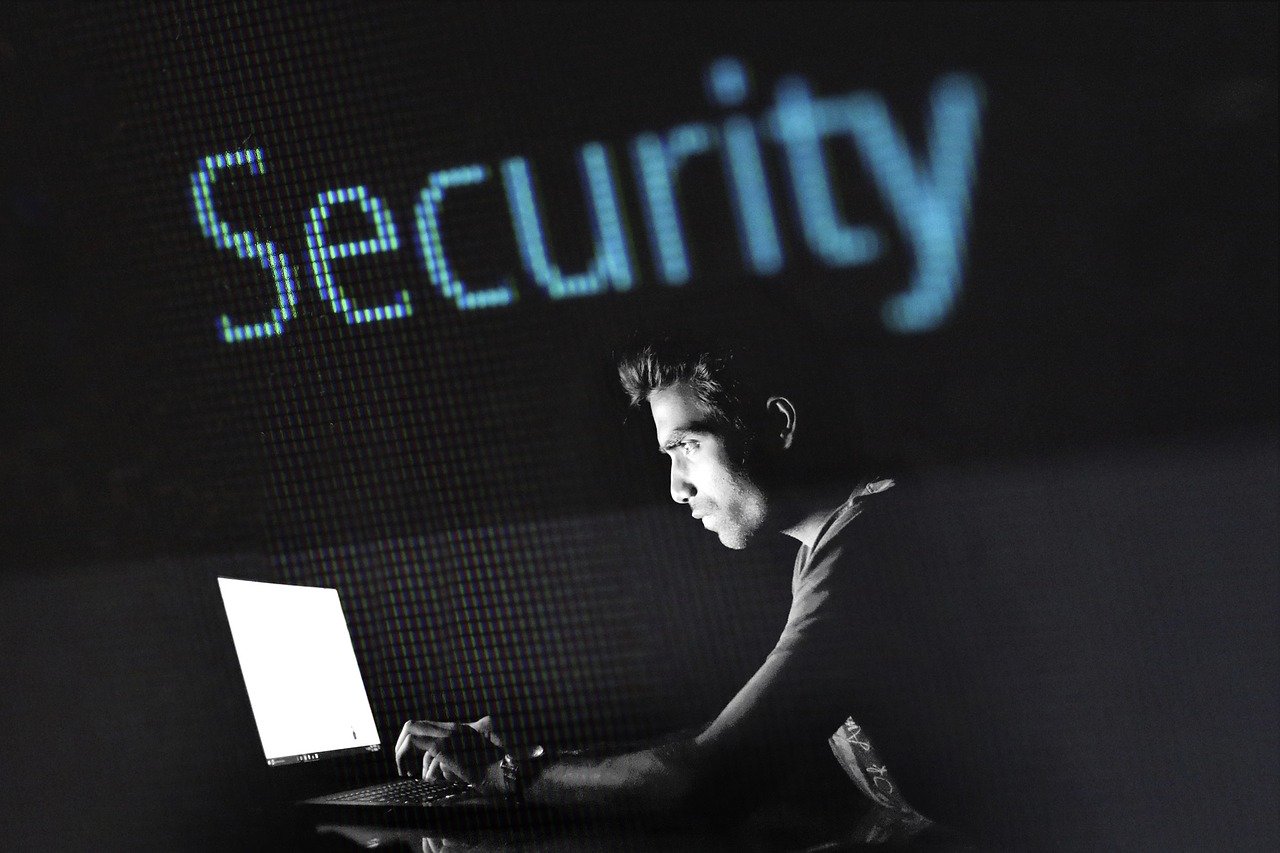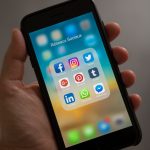
We know that the internet is full of risks, malicious software, and possibilities of several hacker attacks. However, do we really care about their prevalence and frequency?
Due to human nature, we are prone to think about what is most beneficial for us. In this case, ordinary internet users generally think of themselves as a not valuable data source as celebrities or corporate institutions.
“Who would want to steal my photos or crack my data while there are people like models, actors?”
Well, while thinking in this way provides us some sort of relief, this is not the right attitude. You do not have to be a so-called important figure to allure hackers to your laptop. You are just another user on the web and since massive attacks include millions of people to sell their data to advertisers, or credit card info to include you a big plan, every data counts.
With the increasing demand for remote working because of the pandemic and rising internet usage, these advancements created new spaces for several third-parties and hackers to intercept, collect and process data as well as leading fraudulence events worldwide. In the event that you see any of your files or content posted on the web without your permission, know that there are Content Removal services that can help you sort this issue out.
In this article, we will provide 5 easy and essential steps to protect your data and privacy against all kinds of malicious programs and potential attacks.
Use VPN
One of the most hotly debated subjects in the information security field is securing remote working ways. Since home-office is trending day by day, usage of VPN mostly became a necessity for white-collar workers particularly. According to an independent report, the use of VPN rose in March by 44 percent and remains 22 percent higher than the pre-pandemic era. This drastic change led VPN providers to invest in the capacity and security of their products.
Let’s firstly talk about the VPN technology as a pioneer in the cyber security front.
Your current home WiFi connection is delivered to you by an Internet Service Provider company. And many institutions like telecom companies and state authorities may access your information by your registered details. It is needed for legal purposes to a certain extent but this accessibility also creates a vulnerability by causing giving way to third-part users’ surveillance on internet users. While these third-parties can be law enforcement, they can also be malicious software developers, hackers, and unrelated companies that are trying to collect as much data possible to sell them to other companies including personal actions to credit card info.
 What VPNs do for you?
What VPNs do for you?
To protect your privacy and secure your personal information using a Private Virtual Network (VPN) is accepted as the safest and most efficient way by many IT experts. Cyberattacks primarily focus on unsecured networks and target their users whether is a corporate network or public Wifi at your favorite coffee shop. The ones that do not use VPN to secure their internet connection will be at great risk.
VPN technology connects you to a remote network that you do not physically belong via developed extra secured tunnel connections. That’s why using a VPN is the safest way to connect your organization’s network when you are out of office.
How VPN protects your personal data?
It functions like you are using a virtual cable connection from your home or current location to your office’s local server or wherever you want to be connected to. VPN software sets up a personal network server to your laptop and provides you unique IP address to mask your real address, hence, your identity. So your connection becomes impossible to track or identify. And this personal connection provides you this IP address from the server at the other side of the connection. In this way, the encrypted connection becomes possible between your home Wifi and local workplace network.
Using encrypted tools like Privado is the safe method preferred by many companies for years to provide their employees with remote access.
VPN is not simply a limited function that companies demand. It has become extremely prevalent as an instrument that can also be used by consumers in making connections and sharing documents. Consequently, you can both have anonymity by shielding your IP address and exchanging information and documents in an encrypted network, by using a secure and efficient VPN service.
Manage and Protect Your Passwords
To keep our private info secure on the laptop, unique and long passwords should be used on the sites where we operate with passwords as much as possible. Thus, even though others identify the password, it cannot be used in other places.
Using passwords and credit card details on several pages, however, offers a dream to hackers and identity thefts. We suggest choosing strong and unique passwords that contain both letters and numbers automatically created by websites such as Chrome and using software such as Yandex Passport or Google Password Manager to manage passwords as a precaution and make a habit of this action.
It should not be ignored to employ two-factor authentication and SMS verification methods. Two-factor authentication means that there will be another stage after entering your passwords, such as sending a code to your mobile phone screen, or a link to your email address or a password in the SMS text. So you can prevent accessing your information from your phone or laptop.
How to generate a most secure password?
Many software experts believe the password-length is the most essential consideration. For eg, it’s harder to predict an unforgettable long password like “My fav food is pasta” than a pointless 8-character number code. Since the number of variations in 16 characters is far higher, spy programs would also have to try to decode that much variation which is far harder.
Is changing Email address password enough in a risky situation?
You probably aren’t. A surveillance system at the very same locations may monitor your web surfing and decipher your passwords if you are using an unprotected wi-fi in an unknown environment. If you’re not being asked to get a code to access the wi-fi, it’s probably a dangerous place. Please ensure that your actions won’t be reading emails or transferring data to the cloud at those times. It’s suggested to do this by connecting to your home Wi-Fi.
You might download a Virtual Private Network (VPN) software applications on your device to become safer and use it at any Wi-Fi spot when you’re in a public or shared place. This software encrypts all data, even your email credentials, in your network interaction, rendering it intractable for malware applications. Using a reverse email search tool is another way to stay protected when getting a suspicious email or in case the sender isn’t known to you. Just type the email you want to get more information about. That’s all.
Use Anti-virus Programs
If you are not using an anti-virus program in an environment where we consume MB or even GB of data each day and clicking and opening lots of emails means welcoming hackers and other third-parties to your network and device. Theses days, antivirus applications have several alternatives. By checking out the free trial options you can determine the right one for yourself. Some providers do have free options that can be very helpful. If you are a Windows 10 user, Windows Defender may be your starting point.
Please ensure you are using the Antivirus program and yet always pay attention to the updates. Do not ignore or postpone them. Because these updates are provided to you to patch some vulnerabilities by the software company and the more you do not update your software, your device becomes more vulnerable.
The laptop should be protected with an anti-virus program not to cause the device operating system to become slower and lead file loss or malfunction. In this method, we can immediately take measures on potential viruses.
At the same, any file must not be viewed directly to avoid any harm to our device, and it should be screened first through antivirus software.
Also, be sure to open your firewall. So, like credit card passwords, e-mail, etc., y our personal data will be covered.
Choose Reliable Softwares to Download
If you are generally downloading programs from the internet, you should not go to the easiest and cheapest way such as downloading the crack versions of paid software programs. Believe us, this action of yours will cause you more than the original software’s initial price. These programs are full of viruses that are waiting to surround your device, control it, collect data, and make you unable to access your data either by locking or deleting. Not experiencing this kind of event for once does not mean that will be always the case. Also, even you are not experiencing a major change when you are injected with viruses, they can still exploit your device.
Some programs include more bugs than other systems, so we can choose broad open-source software to maintain the failure rate at the lowest level and conduct safer functions. Since these software packages are developed after the control of many people compared to the other equivalent programs, the risk of using them declines to the bottom point.
Upgrade your Email Client
Many use email clients like Gmail, Hotmail, and similar services which are based on the internet and free. Although these systems are very reliable, incorporating a security program into your current email setup or and to use a premium and paid email service provider can safeguard your email messages more, and in this way, you can have stronger protection measures.
Although these techniques introduce a further degree of insulation, if someone manages to extract data, it can still be in a readable and useful format. In any situation, this is an excellent step to increase the protection of your data, but using an incremental protection program additionally which can be a use of VPN service will be a smart move.
VPN clients may work together with encrypted e-mail services to help protect your safety and confidentiality. If you use a VPN alongside an upgraded premium email service, you can secure your communication, data encryption, and also VPN can boost the security of other communication tools such as Skype, Google Hangouts, etc. It ensures the protection of business information, confidential documents, and rights such as intellectual property.
Last but not least,
The Internet is an indispensable part of our lives and business, however, it is quite capable of bringing you problems, harms and put you in dangerous positions while it provides a fun, convenience, and good content. That’s why the golden rules provided above, especially starting with a reliable VPN client, would provide the security you needed in the digital world. We should not ignore the risks and take all the services we use for granted without thinking about negative consequences.
Precautions should be part of your life, daily routine, and also your laptop, mobile phone, and any other smart device you use.





